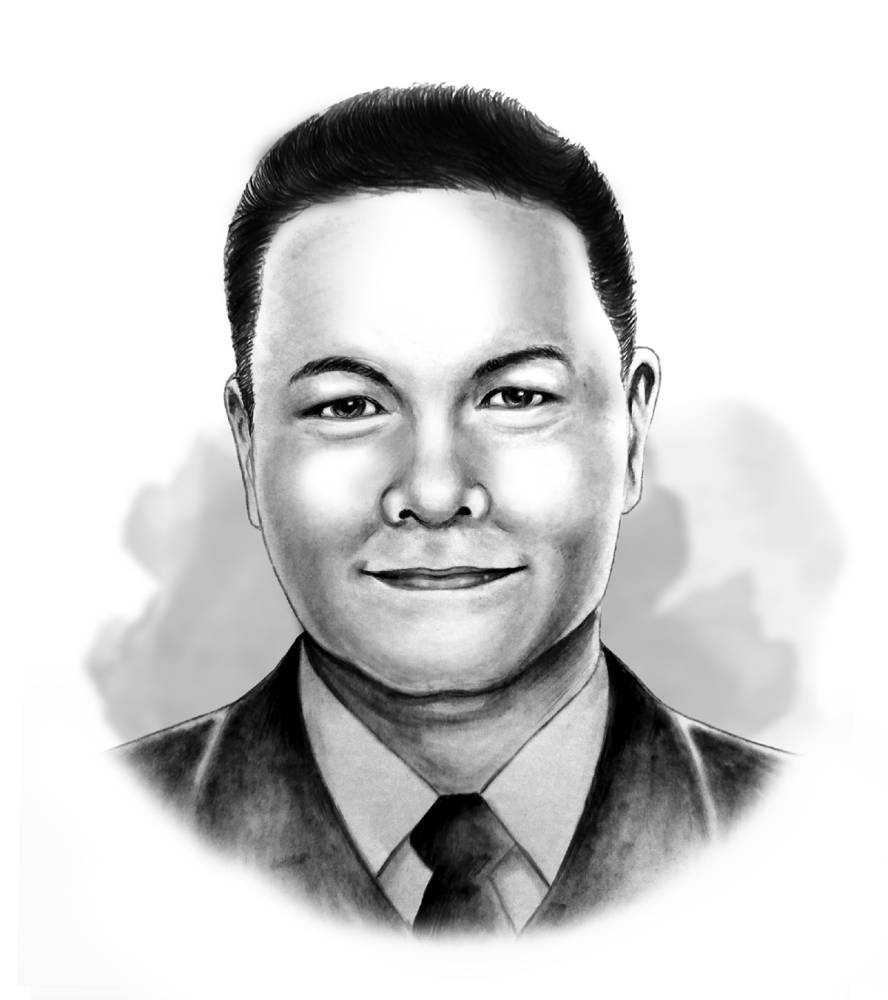EDITORS DESK

Award-winning Filipino filmmaker Joel Lamangan voices his concerns about the movie industry’s future as artificial intelligence (AI) continues to advance, particularly regarding its potential to replace directors and actors.
This stark warning was delivered during a grand press conference for his upcoming drama “Fatherland,” hosted by BenTria Productions at the Manila Hotel on March 25.
Lamangan expressed his worries about the unavoidable impact of AI on filmmaking. “With the rise of artificial intelligence, we could see a time when writers and directors are no longer needed in the same capacity, and even actors might find themselves obsolete,” he stated. “While we’re not there yet, the possibility looms large. The traditional methods of conceptualizing and producing films are already shifting.”
The famous director fears these fast technological changes could weaken Filipino cinema’s unique voice and cultural identity.
“What I fear most is the loss of our distinct Filipino voice in storytelling, as creators outside our culture are producing more films,” Lamangan said.
“Artificial intelligence is increasingly becoming the driving force behind content creation. Have you noticed how AI can make your photos on Facebook animate and even sing? We might be heading in that direction sooner than we think.”
He explained that this change could make him and many industry artists irrelevant as AI advances. “I worry that I and the artists might be sidelined as AI takes the forefront in filmmaking. While it may still be a while before this scenario becomes reality, we could inevitably arrive at that point.”
Lamangan is behind critically acclaimed Filipino movies such as “The Flor Contemplacion Story,” “Pangako Ng Kahapon,” “Bulaklak Ng Maynila,” “Blue Moon,” and more.
In 2023, Oscar-winning director Steven Spielberg confessed that he is frightened by AI taking over art and losing the human element.
Steven discussed how the human soul is unique and cannot be created by AI during an interview for “The Late Show with Stephen Colbert.”
“I think the soul is unimaginable and ineffable. And it cannot be created by any algorithm. It’s just something that exists in all of us,” said Steven, who even made a movie on the subject matter entitled “Artificial Intelligence” in 2001.
Steven also directed the blockbuster movies “E.T.,” “Jaws,” “Close Encounters of the Third Kind,” “Jurassic Park,” “Schindler’s List,” and more.
The American filmmaker expressed concern about the soul being lost to robot-made art.
“And to lose that because books, movies, and music are being written by machines we created, and now we're letting them run with? That terrifies me,” Spielberg told Colbert.
American director Spike Lee acknowledged that he was unaware of AI until Spielberg discussed it.
So, what is AI? Maryville University in Missouri, USA, defines artificial intelligence as computer systems that simulate human thinking and abilities, including learning. Modern AI consists of various categories of systems, each with its unique specializations. Due to the diverse range of artificial intelligence applications, more specific categories have emerged over time.
John McCarthy is often considered the real founder of AI due to his notable work in the 1950s, according to the European Institute of Management and Technology in its online article “Who is the father of AI and machine learning?” uploaded on Feb. 18, 2025.
In 1955, McCarthy coined the term “artificial intelligence.” He described it as “the science and engineering of making machines that can perform tasks that would normally require human intelligence.” This description set the foundation for all subsequent work in AI.
The US State Department said that AI technologies are at the center of an unfolding global technology revolution that could affect the well-being and security of people everywhere.
“The United States is working to ensure AI technologies are developed responsibly and used as a force for good, helping to make Americans and people worldwide safer, more secure, and more prosperous,” the US Department of State said in an online statement.
Concerns about robots potentially replacing humans in the arts and entertainment industry have been widely discussed. AI has undeniably enhanced areas of creativity we previously could not explore. So, are you ready for AI?
(Robert R. Requintina is the Entertainment Editor of Manila Bulletin)